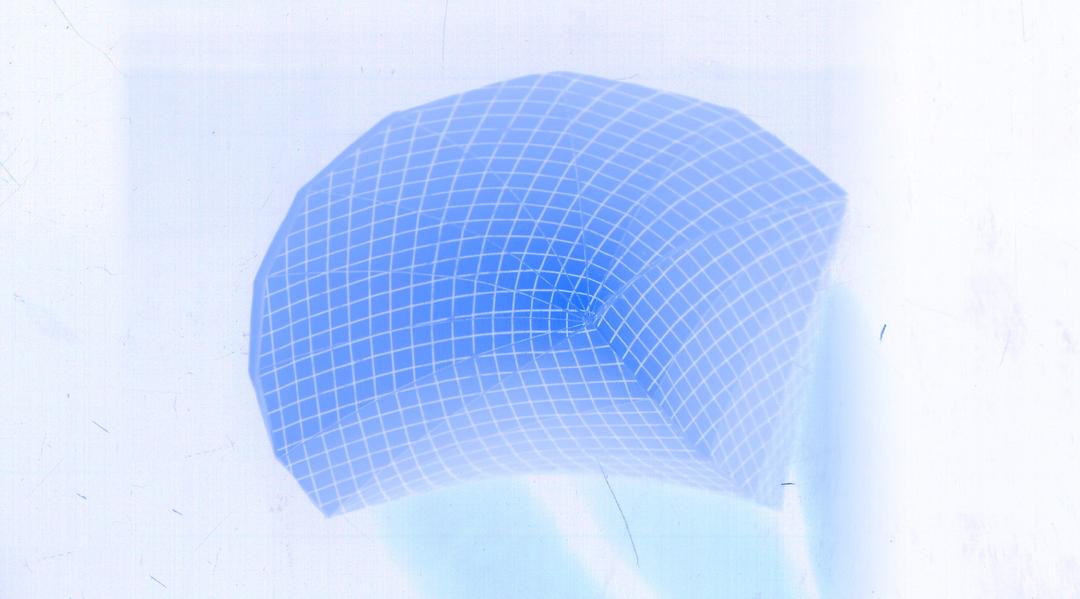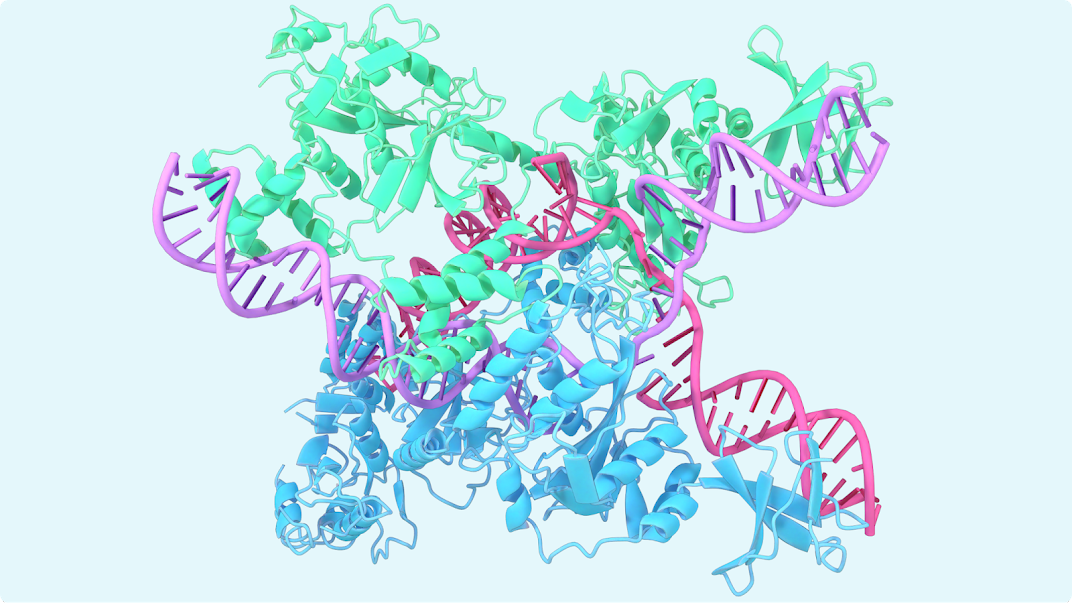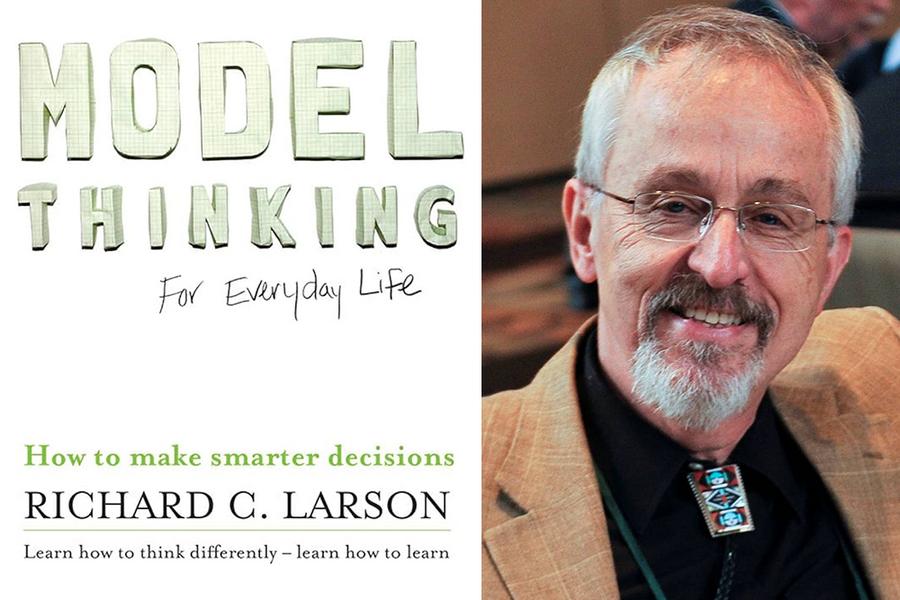A long-term research collaboration between A*STAR’s Genome Institute of Singapore (GIS) and the National University of Singapore (NUS) has successfully created first-in-class human liver organoids that capture both the functional and structural features of the organ. Notably, the advanced liver organoids are able to replicate structural changes that occur during liver injuries induced by drugs and non-alcoholic fatty liver disease (NAFLD). The research will help scientists to better understand liver biology and how liver diseases develop, and facilitate the development of novel therapies. The findings of this research were published online in the scientific journal Gastroenterology on 15 June 2020.
NAFLD is one of the most common causes of liver disease that affects up to one third of the adult Singapore population[1], and more than a quarter of the global adult population[2]. It is characterised by the building up of fat in the livers of people who consume little to no alcohol, and is often associated with obesity and type 2 diabetes. There are currently no approved therapies for it, and the first-line treatment recommendations are dietary and lifestyle changes, due to the disease’s close association with obesity.
Research on new therapeutics for NAFLD has been hampered by the availability of a relevant human disease model. NAFLD is a chronic liver disorder with multiple cellular and structural pathophysiology which are not able to be fully recapitulated by existing human hepatocyte and mouse models. Scientists are in need of more advanced human cellular models that can capture both molecular and structural changes of the liver during disease progression.
To address this challenge, the research team developed advanced liver organoids using human stem cells. The liver organoids are able to replicate important NAFLD-induced disease pathophysiology in livers, and can be used to model other complex liver diseases. This will help scientists to better understand how NAFLD patients develop liver injuries and to devise better therapeutic strategies in the future.
Prof Ng Huck Hui, Senior Group Leader at GIS, said, “The increase in prevalence of liver disease and the lack of therapeutics place a huge burden on healthcare systems worldwide. There is a dire need to better understand liver biology in order to develop advanced cellular models of disease, and novel therapies.”
Dr Chan Yun Shen, Senior Programme Manager and lead senior author for this study, said, “Our discovery provides researchers in the field of hepatology with an advanced human cellular organoid model for the study of liver injuries that impair the bile transport system. Our organoids provide them with a new tool to discover therapeutics through in vitro drug testing and large-scale drug screening.”
Assoc Prof Dan Yock Young of NUS Yong Loo Lin School of Medicine, said, “Patients with early stage NAFLD remain largely asymptomatic, and the disease progresses silently over the years. What drives the disease progression and liver injury remains largely unknown. The development of advanced human liver models of the disease will provide a critical tool for researchers to identify molecular drivers of the disease.”
Prof Patrick Tan, Executive Director of GIS, said, “Human organoid culture technology has greatly improved scientists’ ability to model human organ development and disease pathogenesis in the last decade. Our study is a breakthrough for the liver organoid field and continues to advance this important field of research. Its success also signifies the importance of collaboration between clinician scientists and stem cell biologists to create first-in-class human organoid models for diseases.”









